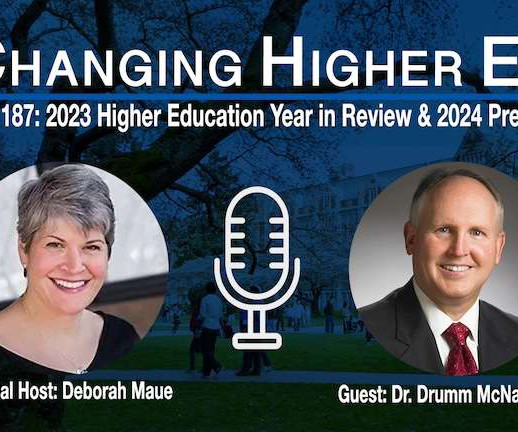Why your school needs to adopt curricula in computer and information sciences
University Business
OCTOBER 31, 2023
Degrees and subsequent jobs in science, technology, engineering and mathematics (STEM) have long been praised as lucrative and safe pathways for students looking to enroll at a college or university. However, there is one subset of this group that stands out in popularity and workforce prowess: computer and data science.












Let's personalize your content